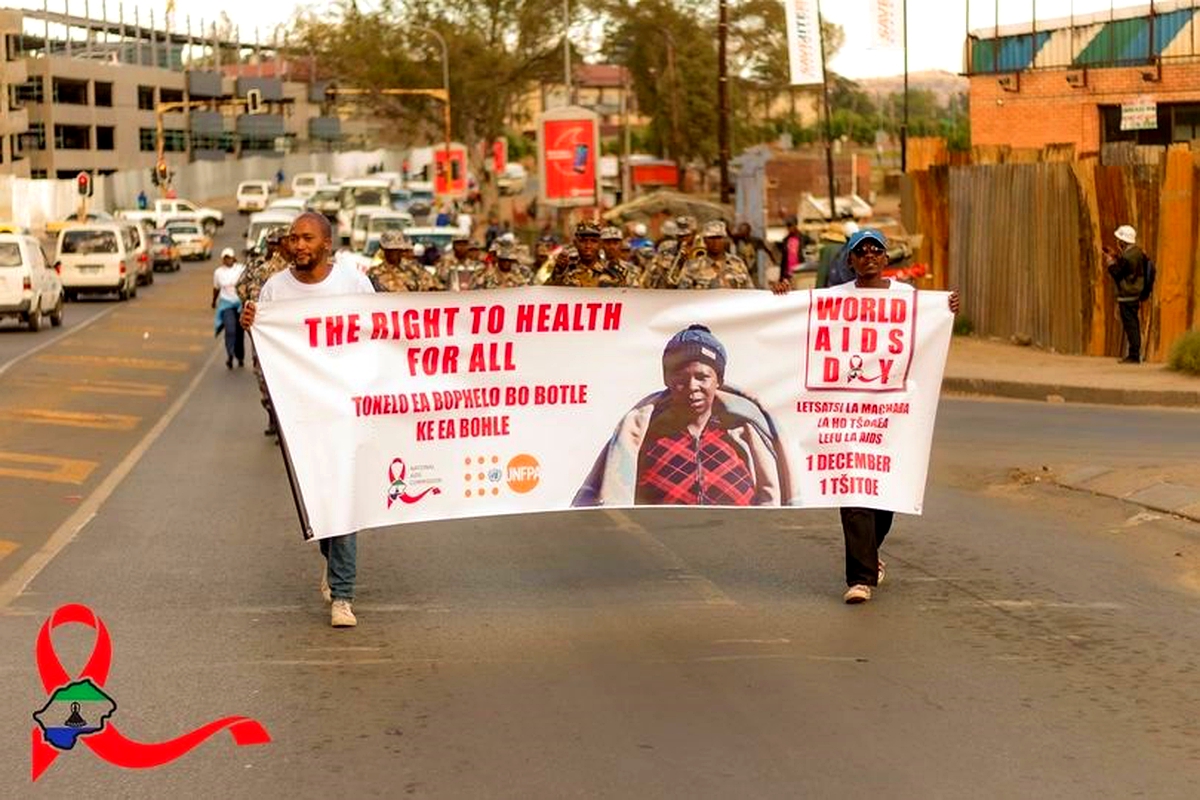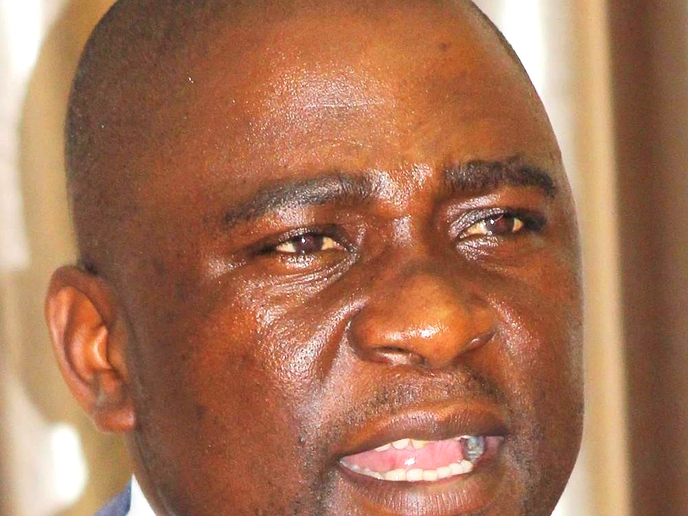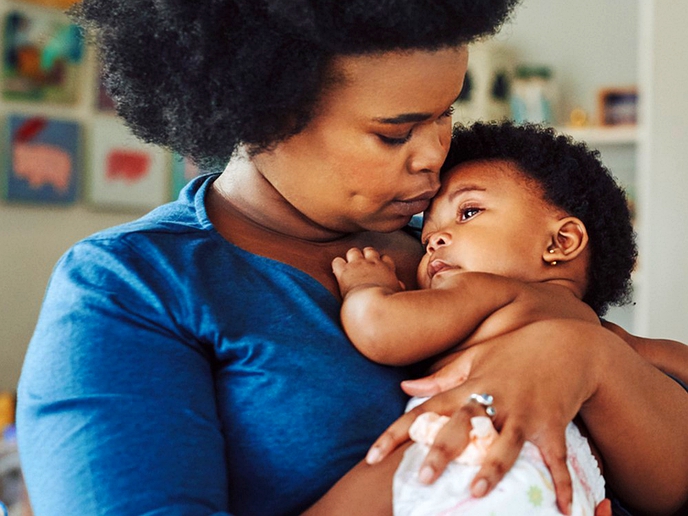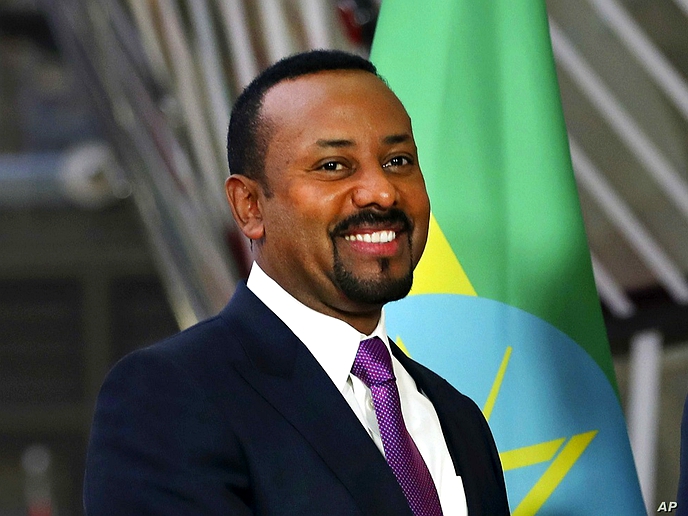THE Communications and Advocacy Officer of the National AIDS Commission (NAC), Mzondaze Tsepane says it is everybody’s responsibility to stop HIV infections in order to ensure that AIDS is no longer a leading factor in Lesotho.
health
June 22, 2021
LINEO MABEKEBEKE
2 min read
NAC calls for an end to GBV

She was speaking in Qacha’s Nek last week Friday during a two-day workshop on HIV mainstreaming, Gender Based Violence (GBV) and human rights for community leaders.
Ms Tsepane said GBV is a serious violation of human rights that helps increase the risk of HIV infection.
The training was held by NAC with the assistance of its local partners including the Ministries of Health, Local Government and Ministry Gender, Youth, Sports and Recreation.
Ms Tsepane said to reach the new proposed global 95–95–95 targets set, there is a need to redouble efforts in order to avoid the worst case scenario and the slowing public health response to HIV.
On the issue of GBV and HIV, she said that is a matter of shared global responsibility for social justice.
She said NAC’s main mandate is to eliminate gender inequalities and GBV as well as protect all from the risk of HIV infection by 2030.
GBV is a pervasive reality across the globe, affecting both women and men in most countries with women and men from key populations, female sex workers and transgender people most affected.
’Mabataung Mokhathali from the Ministry of Gender said GBV is a grave abuse of human rights, a risk factor for HIV infection and a consequence of stigma as well as discrimination against people living with HIV.
She told the community leaders that GBV and gender inequalities are drivers in the HIV epidemic.
Without addressing GBV, she said they cannot meet global commitments to achieve GBV equality and empower women and girls, ensure all people enjoy safe and healthy lives and end HIV by 2030.
Enjoy our daily newsletter from today
Access exclusive newsletters, along with previews of new media releases.
Community leaders have many roles on adolescents HIV and Sexual Reproductive rights.
These roles include advisory, encouragement, regulating and restricting cultural practices, formulating by-laws and handling sexual abuse complaints.
’Mabokang Lefata from Malimong, who was representing religious leaders said she saw the need to get more involved, because of the way the society hides information on sexuality.
She pledged to scale up and invest in what works for women and girls in the context of HIV/AIDS in her community, including empowering them, advancing their leadership, eliminating barriers and constraints to their access to prevention treatment and care services.
Tailored for you






